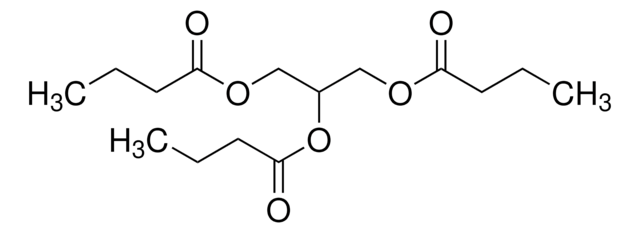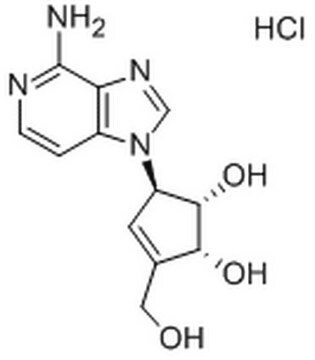94956
Vinylcyclohexene dioxide
purum, suitable for electron microscopy, mixture of isomers, ≥96.0% (GC)
Synonym(s):
4-vinyl-1-cyclohexene diepoxide, 1,2-Epoxy-4-epoxyethylcyclohexane, 3-Epoxyethyl-7-oxabicyclo[4.1.0]heptane
About This Item
Recommended Products
Quality Level
grade
purum
Assay
≥96.0% (GC)
form
liquid
technique(s)
electron microscopy: suitable
refractive index
n20/D 1.477 (lit.)
n20/D 1.479
bp
230-232 °C (lit.)
density
1.094 g/mL at 25 °C (lit.)
SMILES string
C1CC2OC2CC1C3CO3
InChI
1S/C8H12O2/c1-2-6-7(10-6)3-5(1)8-4-9-8/h5-8H,1-4H2
InChI key
OECTYKWYRCHAKR-UHFFFAOYSA-N
Looking for similar products? Visit Product Comparison Guide
Application
related product
Signal Word
Danger
Hazard Statements
Precautionary Statements
Hazard Classifications
Acute Tox. 3 Dermal - Acute Tox. 3 Inhalation - Acute Tox. 4 Oral - Carc. 1B - Muta. 2 - Repr. 1B
Storage Class Code
6.1C - Combustible acute toxic Cat.3 / toxic compounds or compounds which causing chronic effects
WGK
WGK 1
Flash Point(F)
224.6 °F - closed cup
Flash Point(C)
107 °C - closed cup
Personal Protective Equipment
Regulatory Listings
Regulatory Listings are mainly provided for chemical products. Only limited information can be provided here for non-chemical products. No entry means none of the components are listed. It is the user’s obligation to ensure the safe and legal use of the product.
EU REACH Annex XVII (Restriction List)
Choose from one of the most recent versions:
Already Own This Product?
Find documentation for the products that you have recently purchased in the Document Library.
Customers Also Viewed
Our team of scientists has experience in all areas of research including Life Science, Material Science, Chemical Synthesis, Chromatography, Analytical and many others.
Contact Technical Service










